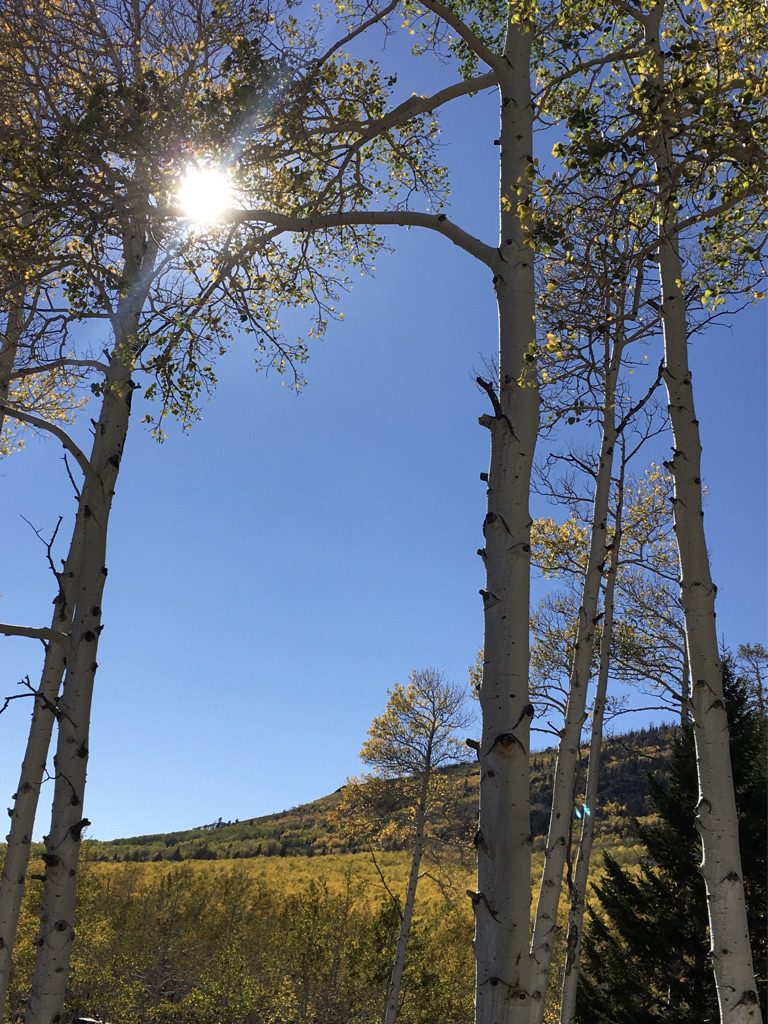Biological Curiosity

Co-authored with Gary Ferguson
Meaning resides in the long rehabilitation.
Richard Powers
April 14, 2022
Livingston, MT
Last winter, we ventured out to a reading by Richard Powers, the author of Overstory, and of a newer novel titled, Bewildered. By then, we all were – bewildered, that is. Powers wrote his new book while living, like all of us, through years defined and punctuated by the COVID-19 pandemic.
Bewilderment has become one of the defining factors or our times. How can we find our way forward? How can we take care of the land, the water, the air, and all the beings with whom we share this planet? How can we make sense of war and political machinations also as ceaseless as this infernal pandemic?
In the world of addiction recovery, bewilderment can be a step toward rehabilitation. Feeling deeply bewildered can bring on a kind of curiosity about how to feel better, to heal. This period of not knowing can also include a time when instead of truly wanting to be free of addictive behavior, curiosity gets derailed in wanting to want to be well. In the end, however, rehab only works if and when the desire for health, for that kind of freedom, becomes fully rooted. We move into true rehabilitation when we’re ready to make new meaning for our lives.
This is where we are with climate change. As awareness increases – as we tell ourselves ever clearer truths about what’s going on – we can move onto the cusp between wanting to want to repair the mess we’ve made, into truly wanting to learn how to make the needed changes. Making good on rehabilitation requires paying attention, admitting grief, and seeking creativity. It takes humility, patience, curiosity and focus.
As it happens, each of those qualities is far more accessible when we greet the world with a more neutral, matter-of-fact stance. And that, in turn, begins with just stopping. With putting down all thoughts. Even just for a few minutes, several times a day. Putting down the illusion of separation, of me versus you, us versus them. Out of that stopping we can liberate deeper, more accurate perceptions – those aligned with the undeniable fact that the whole world arises from connections. And from there we can direct our creative energies toward the essential work of our lives, which is to learn to better care for those very relationships.
accurate perceptions – those aligned with the undeniable fact that the whole world arises from connections. And from there we can direct our creative energies toward the essential work of our lives, which is to learn to better care for those very relationships.
Our way forward, like for all of nature, comes down to a matter of curiosity. At first that may sound anthropomorphic, especially when applied to nature. But there’s burgeoning research suggesting that all of life is propelled by a kind of biological curiosity. A reaching out, an exploring by the organism – often in concert with other organisms – to establish greater health. A chimpanzee tries putting a stick into the entrance of a termite mound and is delighted to find that when he pulls it out, it’s covered with tasty insects. A grizzly bear gets curious about the root of a plant she’s never seen before and ends up adding another food source to the menu.
This curiosity, this reaching toward sustaining or repairing health, tends to come online in big ways in the face of disruptions. It’s what allows entire ecosystems not just to survive, but ultimately to thrive in the wake of wildfires or floods. When a bad microbe invades your body, white blood cells called macrophages are the first to get curious and to engage them. Those white blood cells in turn report their findings to the lymph nodes, which may then “wake up” the T-cells and B-cells that live in your lymph nodes and dispatch them to the site of the invasion. The urge to untether our curiosity in the face of our current challenges, to reach out cooperatively to come up with healthy solutions for climate change, is just another natural expression of how life on planet Earth really works.
Everything we need is right here in the natural world – the world of which we are a product and a part.
This is the invitation:
Stop.
Step into your natural curiosity.
From here, create a new kind of meaning, a meaning based on the wisdom and satisfaction of kinship, of healing.
It’s natural.
*For more on Stopping, check out our book Full Ecology – Repairing Our Relationship with the Natural World

Recent Comments